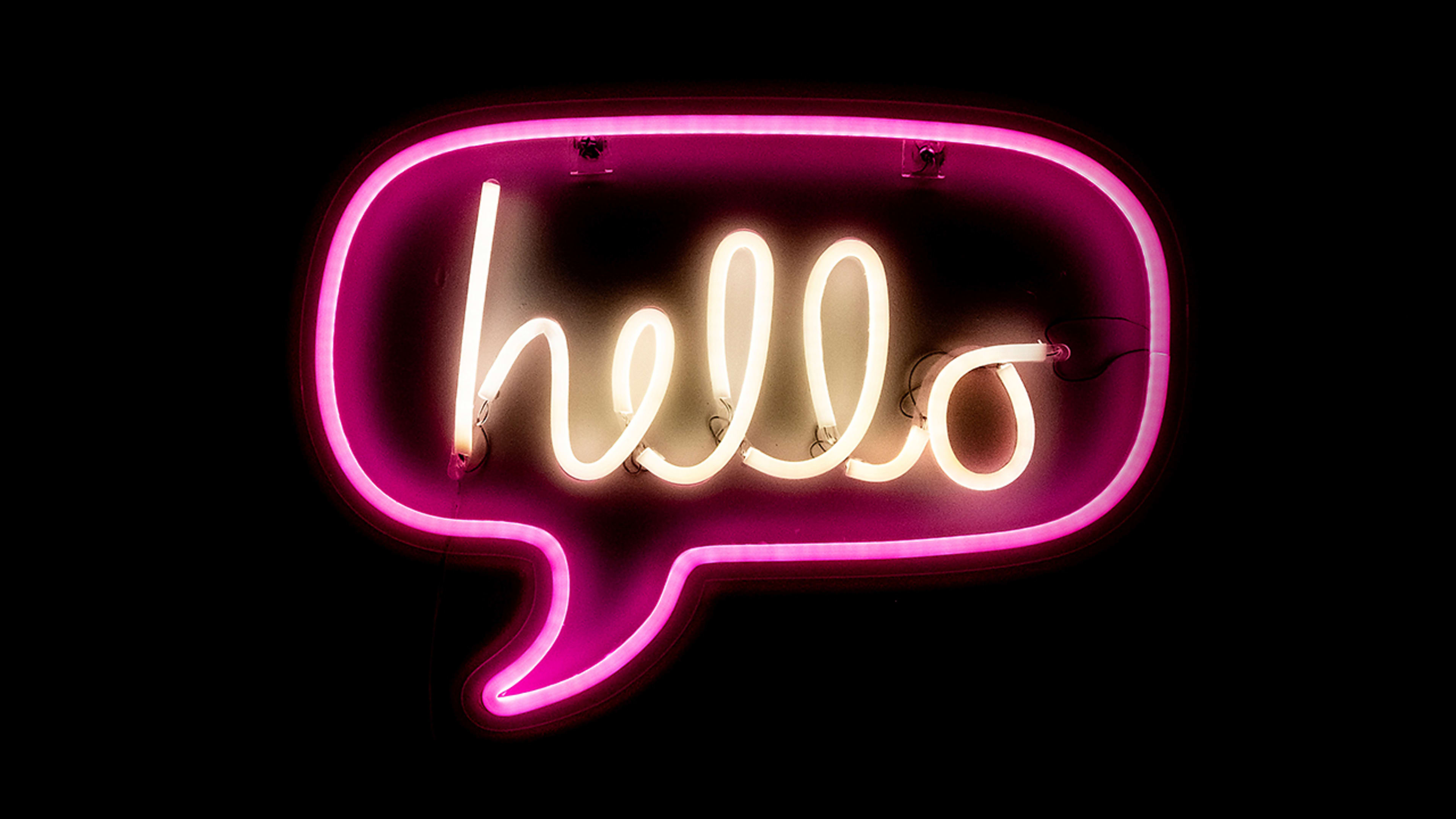Most people probably don’t like writing cover letters, even those of us who write for our profession. Cover letters can be an uncomfortable: it’s a letter, so it feels like it should be kind of conversational and at least a little personal. But it’s also a sales pitch too; you want to convince the person reading it why you are the best one for the job. Finally, you want to interject a little personality into it, and tell your story in a way that a list of skills on your resume can’t.
Because it can be uncomfortable and quite a lot of work to write, many people ask if the cover letter is going to die. And while the modern hiring process may favor applicant tracking systems, most hiring managers say they still prefer candidates to send cover letters. Besides, even if the recruiter or hiring manager just skims your cover letter, it’s still worth including. It’s another tool to sell yourself, why wouldn’t you use it?
But if you really don’t know where to start, here are three tips for writing a compelling cover letter.
1. Address it to the right person. Starting a cover letter with Dear sir/madam or to whom it may concern makes a bad impression from the first words. If you really can’t find the hiring manager, find the right team and address them.
2. Give the hiring manager a reason to keep reading. Starting your letter off by saying that you’re applying for x job at x company is wasted space. Instead, include an aspect of a job description that you’re really drawn to, a personal story of how a company’s products have helped you, or what you’re excited to contribute should you be hired. Think about what you’d want to read if you were the one doing the hiring.
3. Includes specific examples. Your resume is where you quantify your achievement. Your cover letter is where you get to talk about your thought process behind that successful project. Remember, a cover letter is a good reason to show off your personality, so don’t be afraid to inject some of that because that’s a good way to keep a hiring manager interested.
We’re dedicating all of season 3 of Secrets of the Most Productive People to everything about getting a job and excelling in your career. On the second episode we talk to Jamie Hichens, a senior talent acquisition programs manager at Glassdoor. She reviews hundreds of cover letters a month, so she knows all the best practices and mistakes to avoid.
You can find the episode on Apple Podcasts, Google Play, Stitcher, Spotify, RadioPublic, or wherever you get your podcasts.
And new this season, we’re answering your questions: What’s the career question that Google can’t help you out with? In the next few episodes we’ll be tackling how to answer the most common interview questions, how to negotiate your starting salary, and more. Leave a voicemail with your question at (201) 371-3278, and your question might be featured on an upcoming episode.
Recognize your brand’s excellence by applying to this year’s Brands That Matter Awards before the early-rate deadline, May 3.
